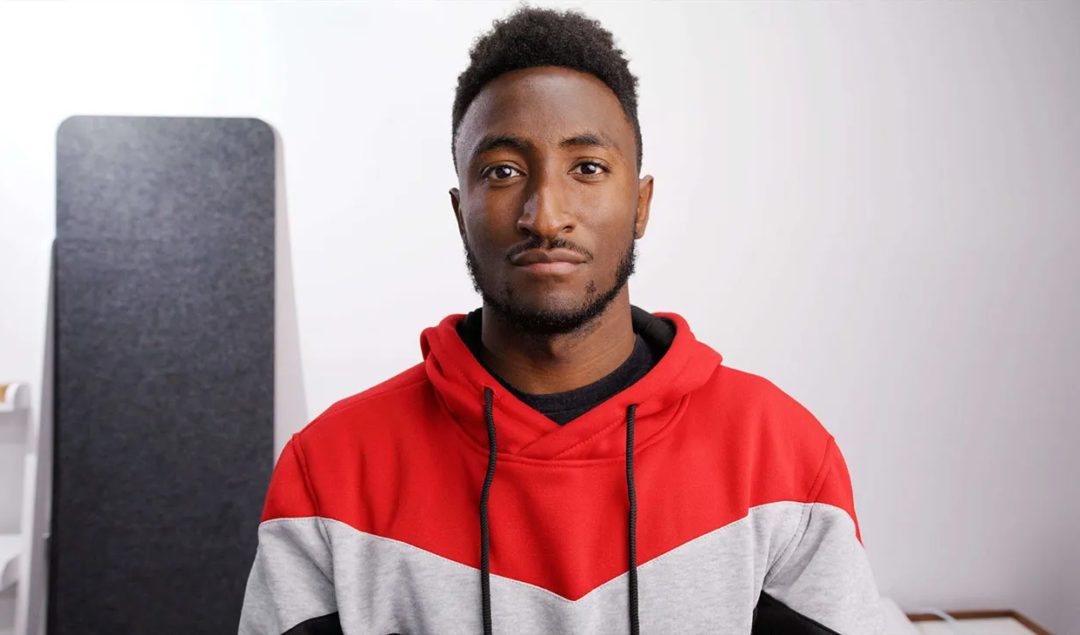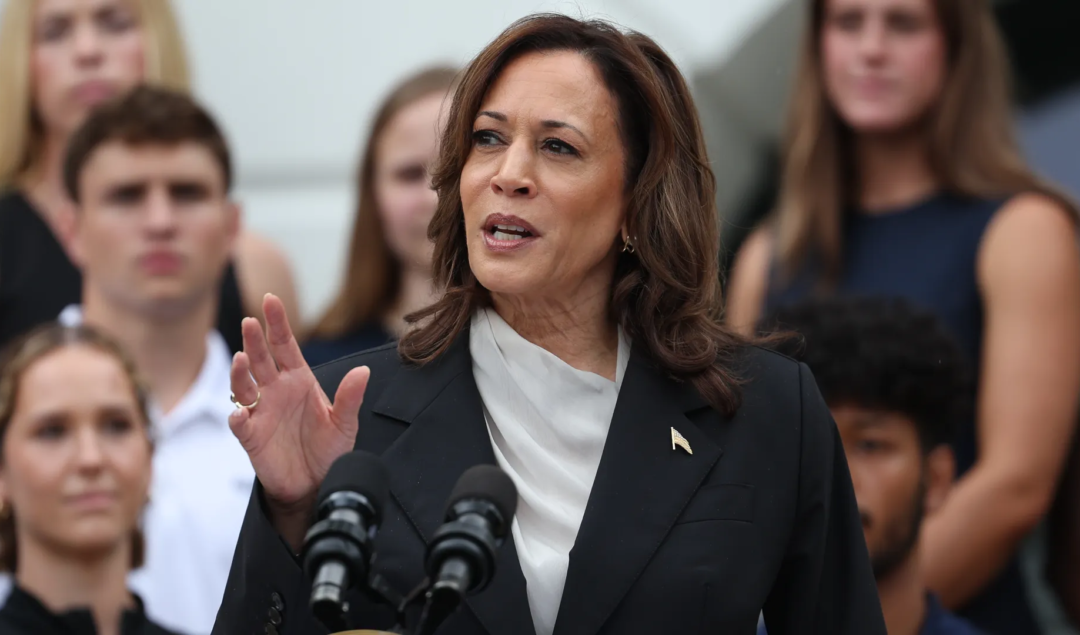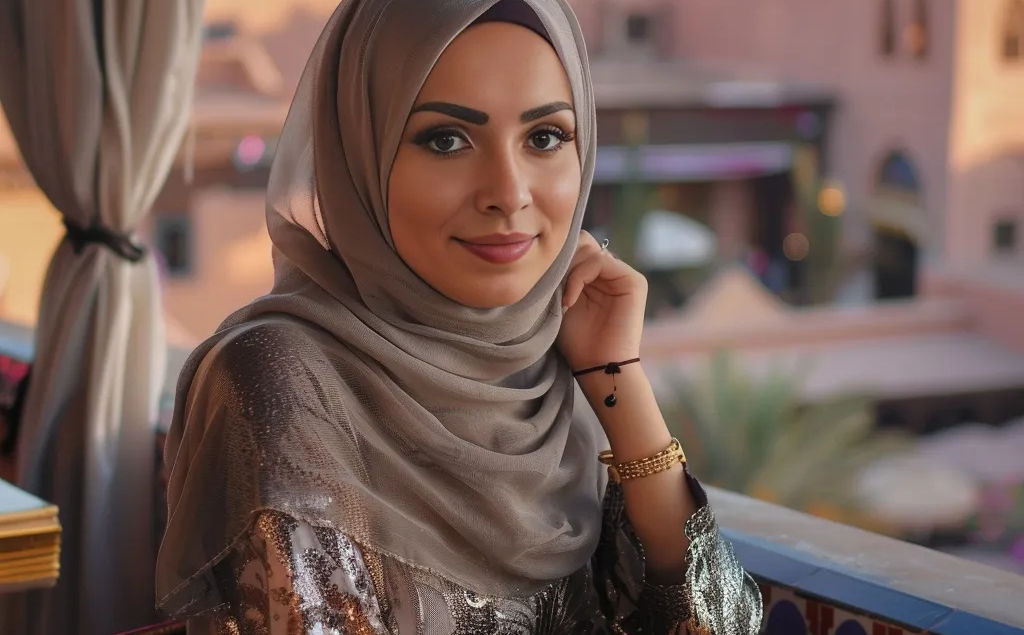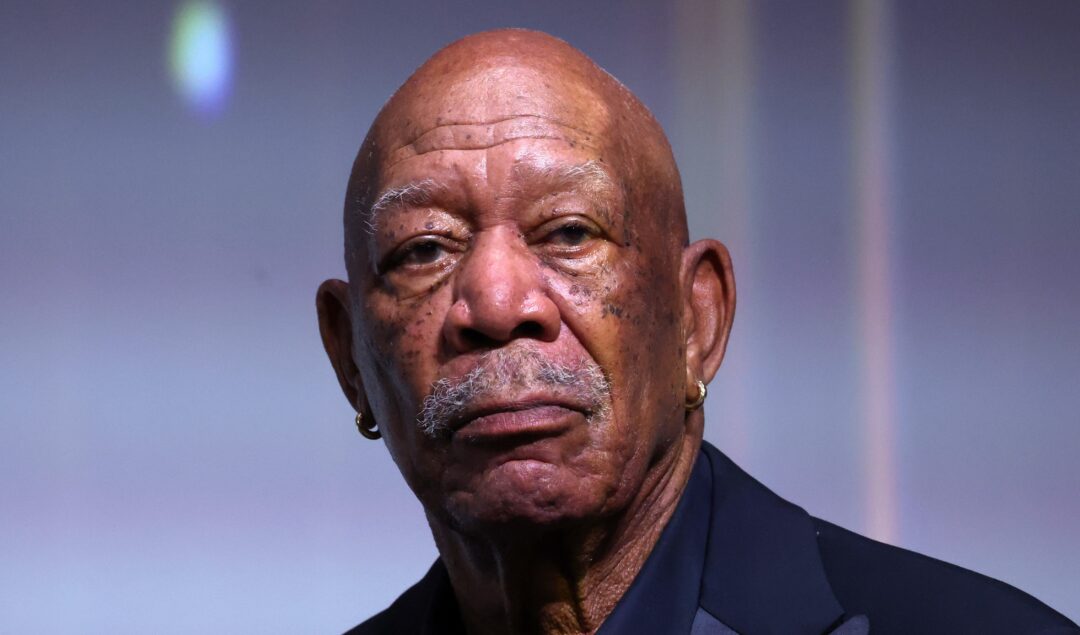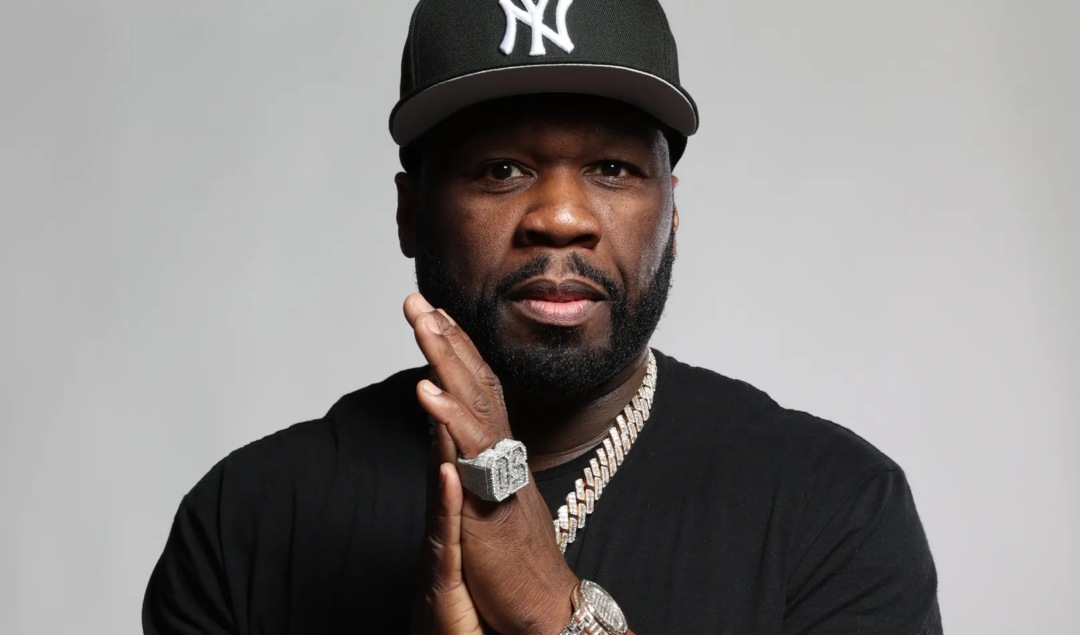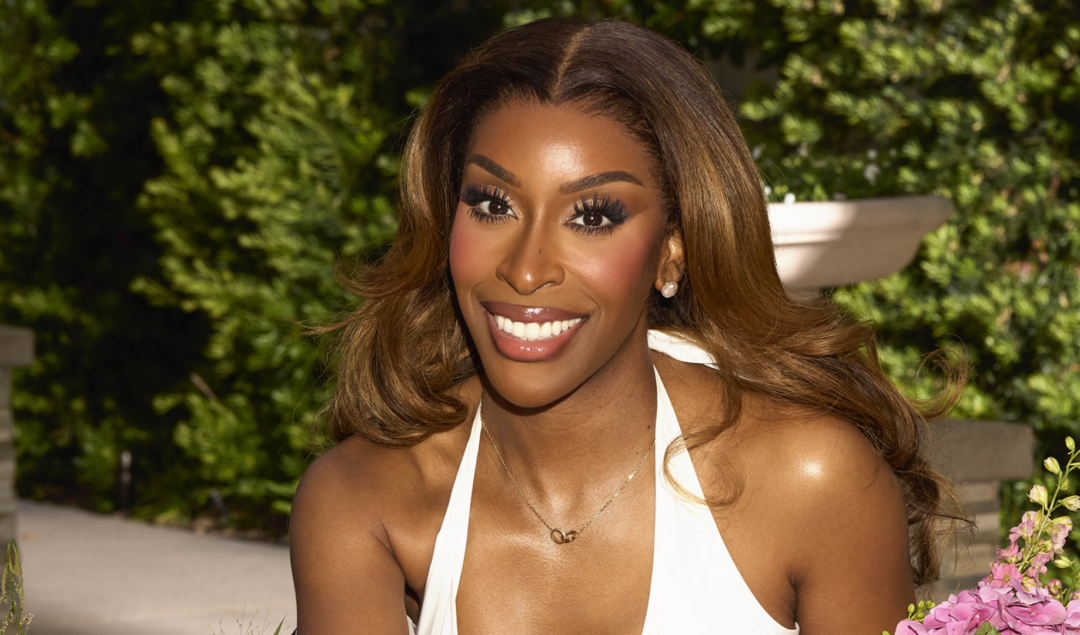Runway AI, a multi-billion dollar company, has been training its AI video tool, Gen-3, on thousands of YouTube videos without permssion, 404 Media has revealed. Among the videos used were over 1,600 from tech influencer Marques Brownlee (MKBHD). The exposé follows an investigation by Proof News, copublished with Wired, which found that tech firms including Apple, Anthropic, Nvidia, and Salesforce had training their AI systems on subtitle data from more than 170,000 YouTube videos. Runway Secretly Trained On YouTube Videos In June, Runway AI launched Gen-3, initially called Jupiter, which received high praise
On Sunday, hours after Joe Biden withdrew from the presidental race, thousands of Black women met on Zoom, raising over $1.6 million for Kamala Harris in three hours. Black Women for Kamala Harris Every Sunday at 8:30 p.m. ET for the past four years, Black women have been virtually gathering, strategizing, encouraging, and supporting one another through the collective “Win With Black Women“. This organization, born out of frustration over the treatment of Black women being considered as running mates for then-candidate Joe Biden in 2020, has grown exponentially. On
SheerLuxe, a renowned UK lifestyle and fashion magazine, recently introduced Reem Bot, a woman of color AI-powered fashion and lifestyle editor, causing backlash. Presented as a new team member, Reem is designed to provide recommendations on fashion, beauty, travel, and more. However, the announcement was met with significant backlash, particularly regarding the ethical implications and the portrayal of Reem as a person of color. Public Reaction and Concerns The introduction of Reem Bot sparked controversy among SheerLuxe’s audience, which includes nearly half a million Instagram followers. “We’re thrilled to introduce
In a recent viral TikTok video, user Monte Washington challenged the narrow stereotype of “Black jobs” by showcasing the diverse and successful careers of Black professionals. This video emerged as a response to controversial comments made by former President Trump during a presidential debate, where he claimed immigrants were taking jobs from Black and Hispanic people. “They’re taking Black jobs now, and it could be 18, it could be 19 and even 20 million people,” Trump said during his debate. This statement, perceived by many as racially charged, spurred a
The world’s first artificial intelligence beauty pageant from has crowned its inaugural winner, Kenza Layli from Morocco. The competition, organized by the World AI Creator Awards, showcased AI-generated models vying for the title of Miss AI. Layli, an AI-generated activist and influencer, won from a pool of over 1,500 contestants, winning a prize package worth over $13,000. AI Influencer Kenza Layli Layli, known for engaging content and activism, has over 193,000 Instagram followers. Her digital persona is dedicated to empowering women in Morocco and the Middle East. Her creator, Meriam
Morgan Freeman recently addressed a viral TikTok video that misused his voice using artificial intelligence (AI). The video, which garnered significant attention, was created by a user named “Justine’s Camera Roll” and was later reshared on X (formerly known as Twitter) by “JahelisWasHere.” With 16.5 million views, the video falsely appeared to feature Freeman narrating a vacation clip. Freeman, however, took to X to clarify that he had no involvement and labeled the video a “scam.” Viral AI Video Sparks Controversy The controversial TikTok video starts with what seems to
Meta, the parent company of Facebook and Instagram, has launched an update enabling content creators in Nigeria and Ghana to monetize their content on its platforms. This new policy, which became effective June 27, 2024, marks an important change. Previously, Facebook excluded creators with Nigerian and Ghanaian addresses from monetization unless their page was managed from an eligible country. Expansion of Monetization Opportunities This policy shift follows an announcement by Meta’s President of Global Affairs, Nick Clegg, in March 2024, confirming the rollout of monetization features in June. “Monetization won’t
Rapper 50 Cent recently claimed that his online accounts were hacked by a cryptocurrency schemer who made millions of dollars in the process. 50 Cent Fans Get Scammed 50 announced on Instagram that the scammer used his Twitter account to promote a crypto-token called $GUNIT – a reference to G-Unit, a hip-hop group that 50 was previously part of. Last Friday the scammer posted “$GUNIT for winners only…” which led an unknown number of users to buy the coin. The scammer also posted screenshots of the $GUNIT crypto, which showed
Jackie Aina, renowned beauty influencer and co-founder of FORVR Mood, has announced a new partnership with Canadian whiskey company Crown Royal. In addition to the release of a limited-edition candle, the partnership will see $50,000 donated to Black Girl Ventures Foundation, supporting underrepresented women founders. Supporting Black Girl Ventures Founded by serial entrepreneur Shelly Bell in 2016, Black Girl Ventures (BGV) aims to empower underrepresented and underfunded small businesses by providing access to capital, community, and capacity-building resources. Aina’s partnership with Crown Royal is rooted in support of the nonprofit,
Black Space Week Roll Call has taken over X, showcasing Black professionals in the space industry, leading them to The White House. Black In Astro Each year, Black In Astro hosts a Black Space Week to celebrate the achievements of Black Americans in space-related fields. The Black In Astro journey began in June 2020, in the wake of a series of violent police attacks against Black Americans. Founded by Ashley Walker, a PhD student at Howard University, Black In Astro was designed to link together a community of Black scientists

